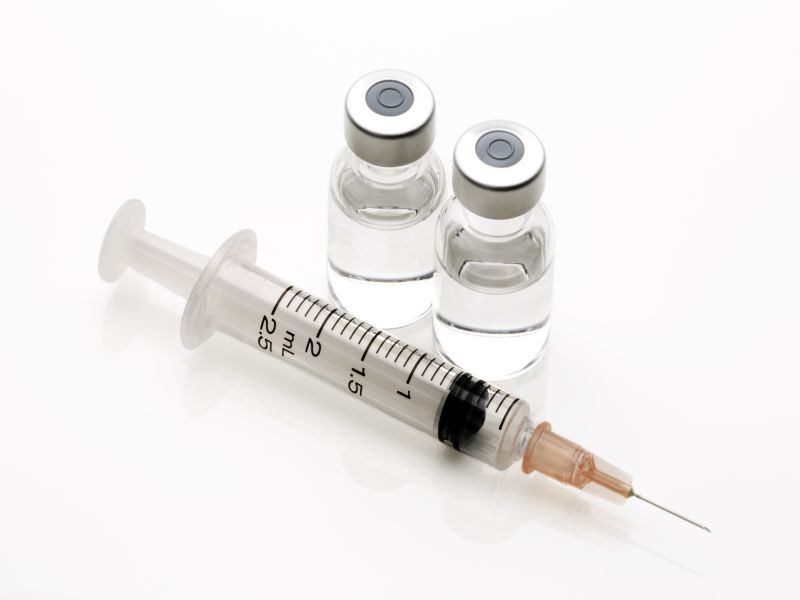
TUESDAY, Nov. 22, 2016 -- New global research confirms that two doses of the vaccine for HPV, rather than three, can protect younger teens against the sexually transmitted virus.
Based on this study and others, U.S. government health officials revised their guidelines last month to recommend a two-dose regimen for teens younger than 15. Prior to that revised guideline, three doses were recommended for adolescents and young adults up through 26 years of age.
The vaccine protects against infection by HPV (human papillomavirus), which is the cause of 90 percent of cervical cancers, according to the U.S. National Cancer Institute.
Related
The new review included more than 1,500 young people, aged 9 to 26, who were vaccinated against HPV at 52 sites in 15 countries.
For the study, the researchers gave two doses of HPV vaccine to teens aged 9 to 14, and three doses of the vaccine to older teens and young women.
Girls and boys in the younger age group achieved the same immunity by getting two doses six to 12 months apart as older teens and young women did on a three-dose regimen over six months, the investigators found.
"With a simplified schedule and lower cost, it can be assumed [there would be] both higher coverage and improved compliance," said the study's lead researcher, Dr. Ole-Erik Iversen, from the University of Bergen in Norway.
The study, published online Nov. 21 in the Journal of the American Medical Association, was one of a number evaluated by the U.S. Centers for Disease Control and Prevention earlier this year, which led to the CDC's revised guidelines in October.
"HPV vaccines are very effective," said Dr. Lauri Markowitz, a medical epidemiologist with the CDC, who co-authored an editorial accompanying the study.
"With data from the trial reported in JAMA, evidence now supports a two-dose schedule in adolescents (aged 9 to 14) for all three licensed HPV vaccines," Markowitz and her colleagues wrote in the editorial.
According to the new CDC recommendation, three doses are still advised for older teens and young adults aged 15 to 26.
The new study was funded by Merck & Co., which makes the two Gardasil vaccines. The third vaccine, Cervarix, was withdrawn from the U.S. market in October by the maker, GlaxoSmithKline.
HPV infections are very common, with nearly everyone contracting at least one of many strains of the sexually transmitted virus at some point. About 79 million Americans are currently infected with HPV, the CDC estimates.
In addition to causing cervical cancers, HPV can lead to cancer of the penis, throat and anus, as well as pre-cancers and genital warts. The vaccines are close to 100 percent effective against pre-cancers and genital warts, the CDC noted.
While more teens and young adults are getting vaccinated against HPV, the rates still lag behind other vaccines, such as tetanus, diphtheria and pertussis, the CDC said.
In 2015, 42 percent of girls and 28 percent of boys aged 13 to 17 got three doses of HPV vaccine, Markowitz said, while 63 percent of girls and nearly 50 percent of boys got at least one dose.
The vaccines are typically covered in the United States with no copay, Markowitz said. The Vaccines for Children program helps families of eligible children who might not otherwise have access, according to the CDC.
More information
To learn more about HPV, visit the CDC.
Copyright © 2016 HealthDay. All rights reserved.














